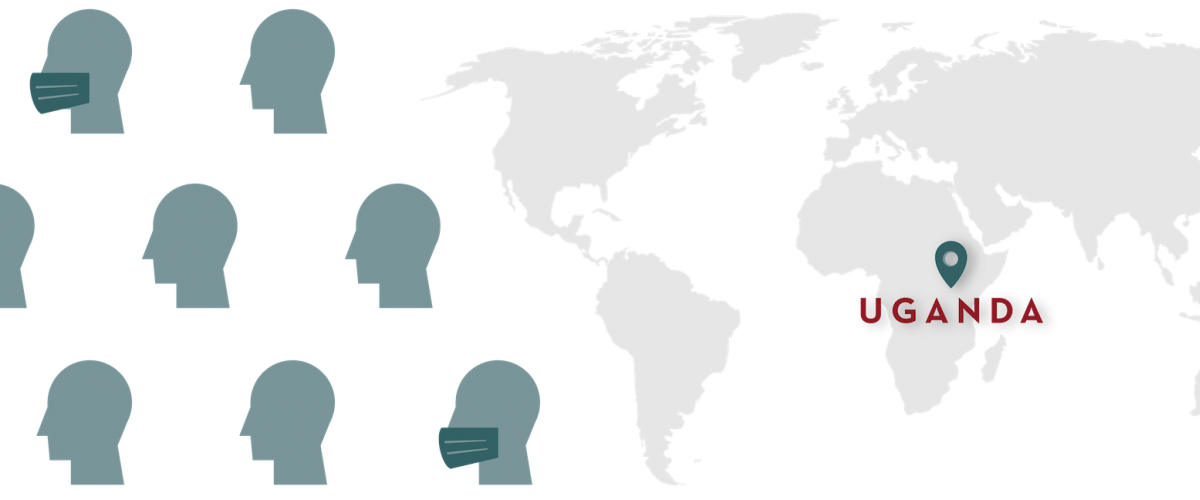COVID-19 Global Perspective from Uganda
Dr. Andrew Kambugu is the Executive Director of the Infectious Diseases Institute with the College of Health Sciences at Makerere University in Uganda, and an adjunct Associate Professor at the University of Minnesota.
As part of our COVID-19 Global Perspective Series, we reached out to Dr. Kambugu to hear how the COVID-19 pandemic is affecting Uganda.
In what ways has the Ugandan government responded to COVID19 outbreak and pandemic? When did you begin seeing a response?
The response by the Ugandan government has been phased, initially (beginning in February 2019), government efforts were centred on educating the public about the new disease, and as evidence of global spread began surfacing, the Ministry of Health (MoH), which is the governmental agency that has principally led the response, initiated port of entry (PoE) screening at 4 sites, including Entebbe International Airport. The first COVID-19 case was reported on the 21st of March 2020 and the country is now in a containment phase of the response. The government has put in place containment measures which primarily seek to promote social distancing. Initially schools were closed and mass gatherings prohibited, and yesterday, the president announced additional measures including the banning of public-sector transport for passengers (but not cargo).
How do you anticipate your country's health systems will be impacted? What are you and your institution doing to prepare for COVID19?
Uganda is a resource-constrained nation, and the health systems will be severely impacted by COVID-19, especially if containment efforts fall short of shifting the epidemic curve to the right. If we get a tall peak of new cases, the health system will struggle to cope, especially given the human resources for health to patient rations, as well as the shortage of specialised equipment required to manage severe COVID-19 disease (e.g. ventilators).
The IDI at Makerere University has been part of the national response and has provided technical support and resources to the MOH. We have been a lead agency for promoting Infection Control and Prevention (ICP) measures, including screening at the PoEs. The Institute also developed a business continuity plan (BCP), which is now in play with the stringent containment measures Ugandan has implemented.
In what ways will your country/city/community be uniquely affected that differs from other places in the world?
It is my view that the COVID-19 pandemic will bring critical gaps in our response to emergencies of public health concern to the surface and foster more investment in our health system.
What are people doing locally to build support for their most vulnerable community members, neighbors, and family members?
Principally, people are staying home, and are leaning on social media to stay connected with family and friends. I have also observed many young people volunteering to join response teams, which is encouraging.
What have you seen happen in your community that gives you hope or solidarity for positive outcomes?
What has encouraged me most is the role the private sector has played in bringing resources to assist the response, the leading telecom company in Uganda is supporting the MoH to enhance the toll-free call-in centre so that the community can have a credible source of information related to access to testing, care, etc.
COVID-19 Global Perspectives
Our COVID-19 Global Perspectives Series features insights and updates from our global health partners around the world.
